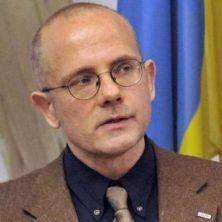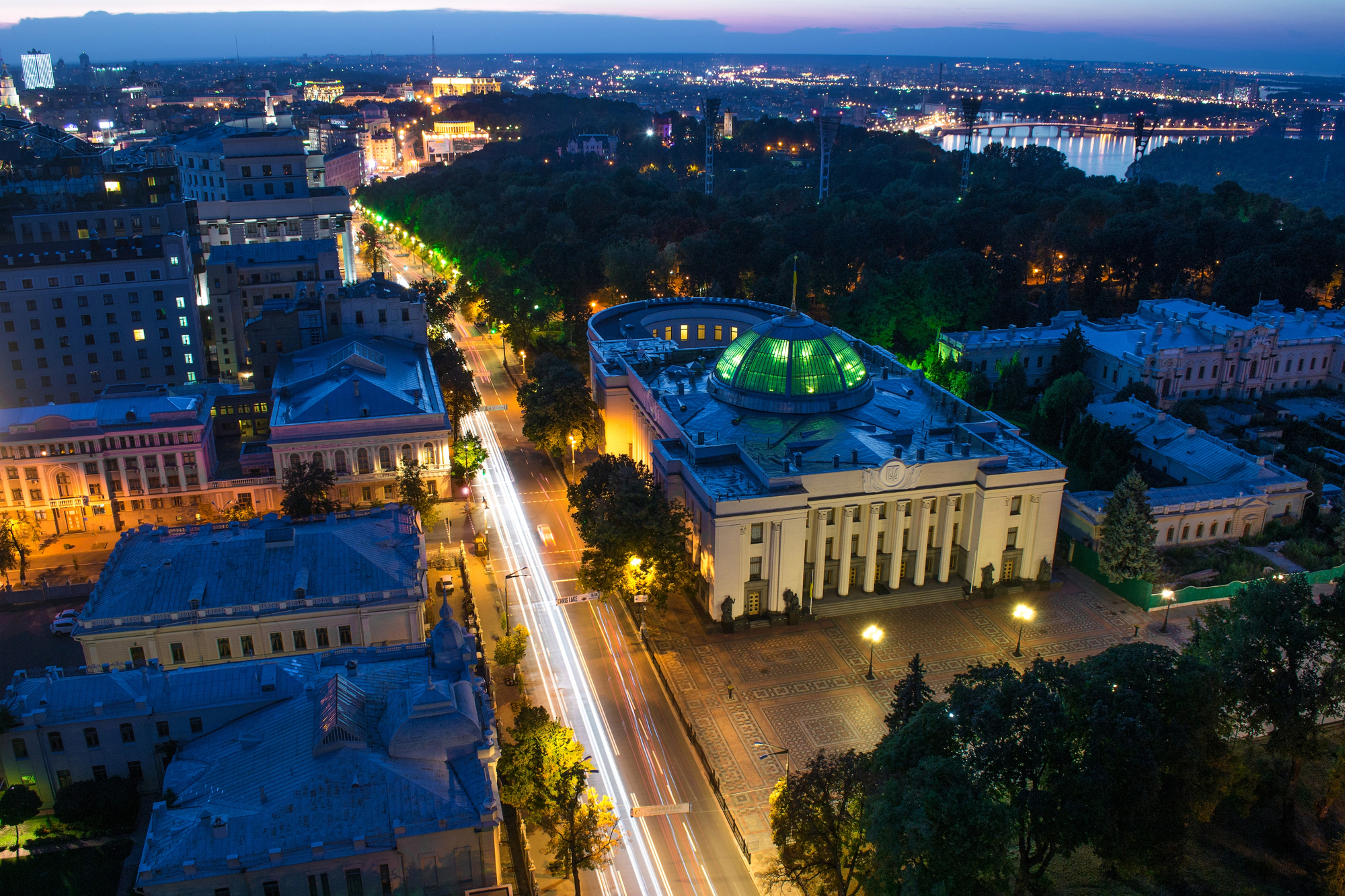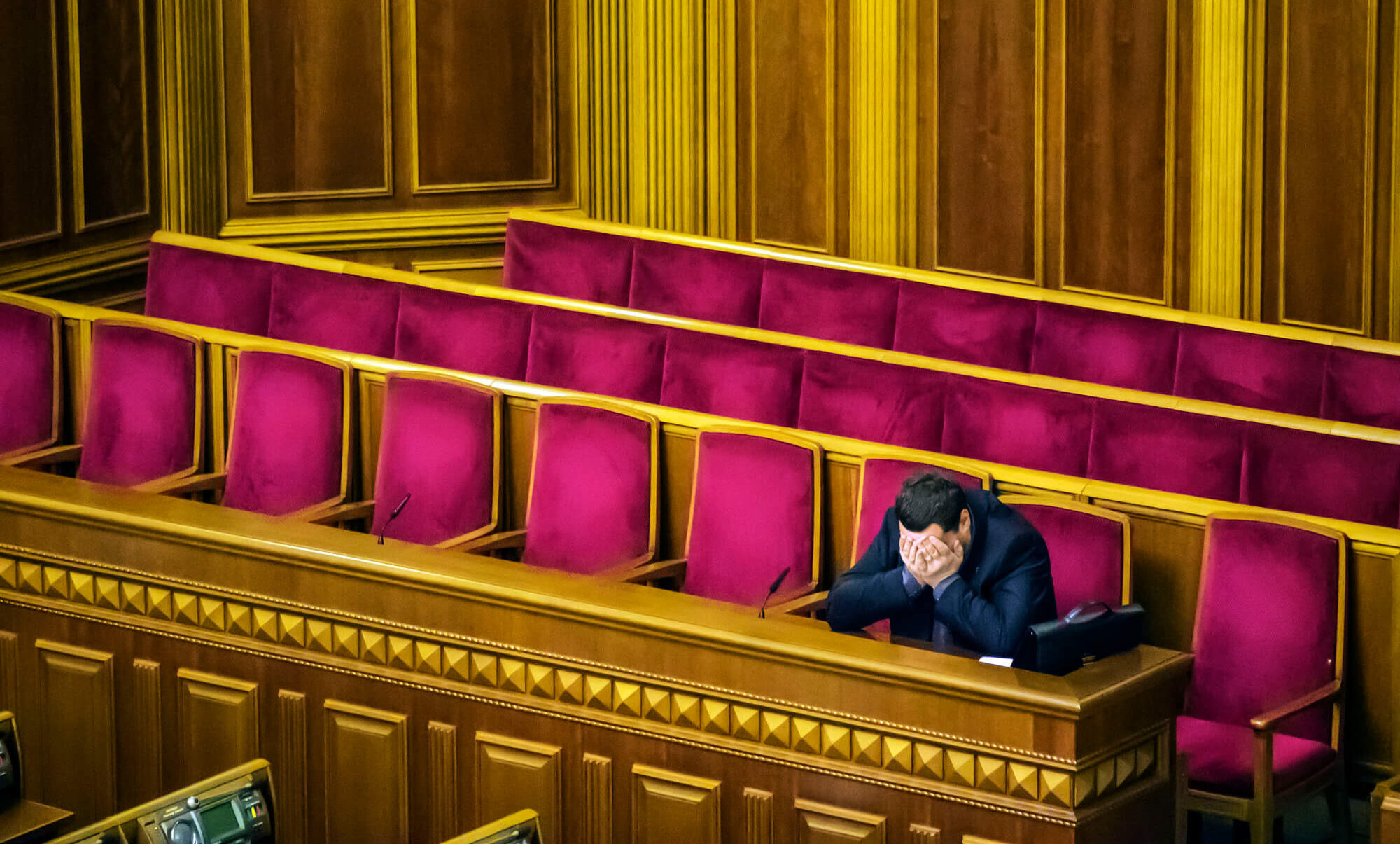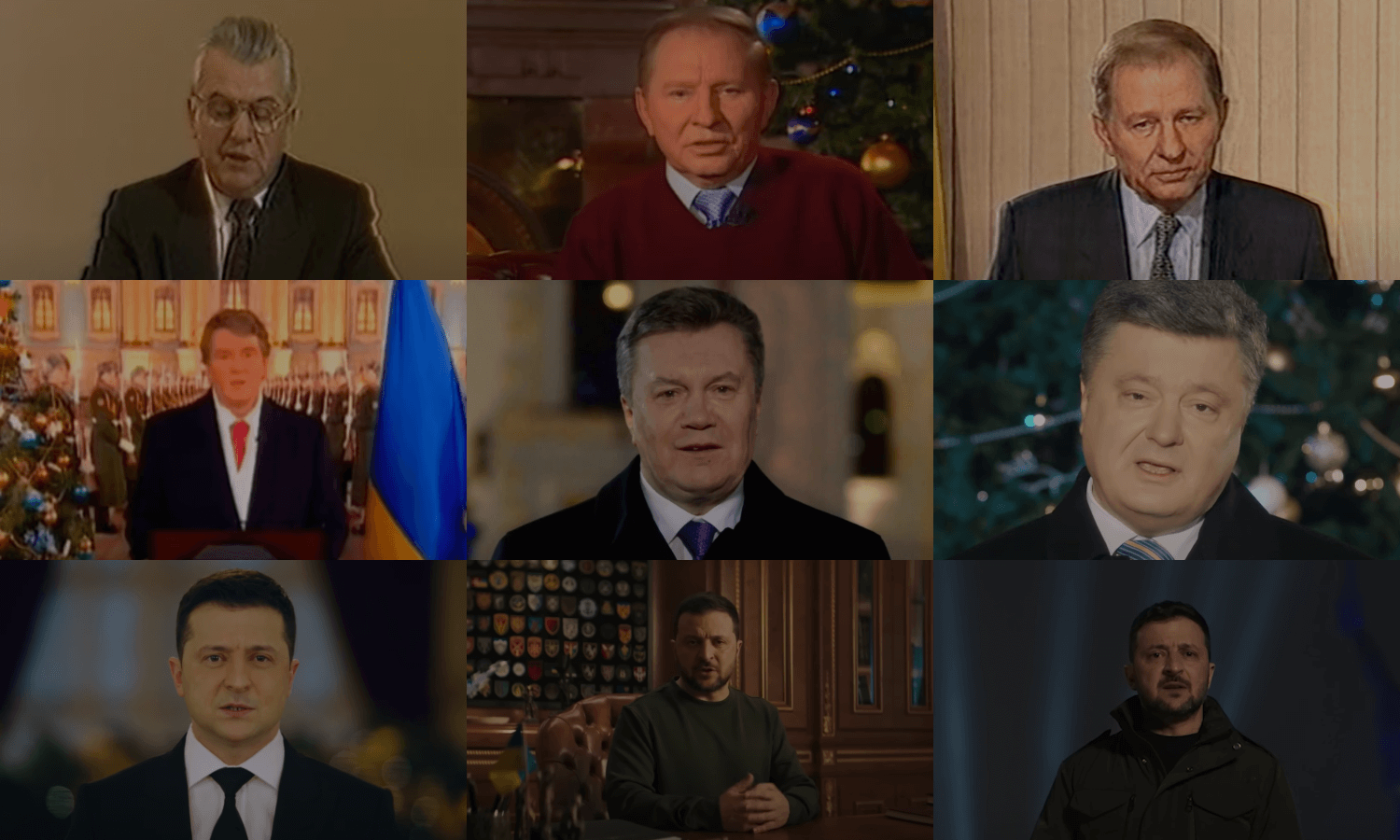One cannot help to notice Poroshenko’s as well as many other Ukrainian political actors’ and observers’ frequent avoidance of the touchiest issue concerning the Minsk Agreements: Kyiv’s fulfilment of the Ukrainian obligations under these agreements, and, in particular, the introduction of a constitutional basis for a future special status for parts of the Donbass.
While the inclusion of this clause into the Minsk Agreements may have been a mistake, it is now too late to fully correct it, and to simply exclude it from the deal, in a one-sided partial denunciation of the signed treaty.
In distinction to his behavior concerning other issues, Ukraine’s President Petro Poroshenko has, with regard to the Donbass and Crimea, over the last 18 months, shown a consistent position. His answers to journalists’ questions, like those at his large press conference on 14 January 2016, about a solution to the conflict were partly evasive, yet they were also an expression of caution and prudence. As Ukraine is the economically, politically and militarily weaker part in the Western/Russian/Ukrainian triangle, Poroshenko’s non-committing approach is understandable. One could even argue that, at that press conference, the Ukrainian President was somewhat too concrete when for instance predicting that Ukraine should be able to restore Ukrainian sovereignty in the Donbas in 2016. This, of course, may happen, but it may also not happen – depending on the prevailing mood in the Kremlin during the coming year, and a number of other factors not under Kyiv’s control.
Poroshenko and his government are in a difficult position as large parts of society – including many journalists – are more “patriotic” regarding the Donbass and Crimea than political judiciousness would recommend. Many want the President to be more uncompromising in his position via not only Russia, but also towards the West. Yet, objectively, Ukraine is weak, and cannot independently shape the negotiations’ agenda – neither in relation to Moscow, nor with its Western partners. Kyiv cannot effectively confront and contain Russia either economically or militarily (or only to very limited degree). Therefore, Ukraine has to rely on Western sanctions and other foreign actions as the only feasible instruments to put effective pressure on Russia.
For instance, a military offensive by Ukraine’s (admittedly today much stronger) armed forces in the Donbas would be not only doomed to fail. It would have an effect similar to Georgia’s then President Mikheil Saakashvili’s attack on the city of Tskhinvali in August 2008. As in the case of South Ossetia 8 years ago, such an offensive would give Russia a pretext to officially, unrestrictedly and massively employ its superior military force in the Donbas. In particular, a Ukrainian attack could put Putin in a position to justify, in the Russian domestic context, the terroristic use of Russia’s deadly air power against Ukraine, as once happened in Georgia. In the worst case, a sufficiently hysteric Russian public may allow Putin to employ attack planes or even bombers to devastate Ukrainian living areas outside the Donbass, similar to Russia’s bombing of civilians in, for example, the city of Gori, during the short Russian-Georgian war in 2008. For these reasons, Poroshenko’s fluid, non-committal and defensive statements on the Donbas issue appear – in distinction to his reactions concerning purely domestic Ukrainian issues – as justified, if seemingly unsatisfactory to many “patriotic” Ukrainian listeners.
On the other hand, one cannot help to notice Poroshenko’s as well as many other Ukrainian political actors’ and observers’ frequent avoidance of the touchiest issue concerning the Minsk Agreements: Kyiv’s fulfilment of the Ukrainian obligations under these agreements, and, in particular, the introduction of a constitutional basis for a future special status for parts of the Donbass. While the inclusion of this clause into the Minsk Agreements may have been a mistake, it is now too late to fully correct it, and to simply exclude it from the deal, in a one-sided partial denunciation of the signed treaty. Poroshenko’s stance as well as the position of many other Ukrainian politicians and intellectuals, in this regard, has to be criticized for escapism, i.e. for not openly and creatively handling this issue. Neither official Kyiv nor Ukrainian analysts are, so far, proposing constructive and forward-looking interpretations of this complicated issue which could satisfy Western political actors, specialized reporters and legal observers. After all, it is about these opinion and decision makers in the US and EU, as only they have the instruments – above all sanctions – with which to contain, pressure and push Russia.
In particular, the Ukrainian politicians, diplomats and experts have not yet provided a well-argued and consolidated politico-legal text proposing a solution to the dilemma that has now emerged. Why exactly is Ukraine now not in a position to provide, at this stage, a legal basis for certain privileges of autonomy for Donbass whose specifics are to be negotiated later on? There is currently and probably will be in the near future no majority in parliament for a change of Ukraine’s constitution that includes a clause allowing special status for parts of the Donbass.
Yet, as this condition has to be met by Kyiv in order to fulfill its part of the Minsk Agreements, Ukraine’s government and society need to go into an argumentative offensive. They have to persuade the West that, in view of Russia’s past, current and possible future behavior, such a change of position on the preliminary adoption of a constitutional norm making possible partial autonomy for the Donbass is justified. Kyiv has to officially present a cogent, balanced and sophisticated interpretation of its view on the implications and implementation of the Minsk Agreements that would explain, to the EU and US, why and how it is postponing this vote in parliament to a different stage, and for which good reasons such a move is warranted. Moreover, once such argument has been formulated by legal and political experts, it needs to be spread via press releases, op-eds, interviews, commentaries etc., in Western mass media.
It is conceivable that the Ukrainian parliament’s mood changes, once the Donbass has been freed from Russian troops, some type full acceptable control of Ukraine’s border with Russia has been restored, and local elections have been conducted under Ukrainian law, to the satisfaction of Kyiv, and with OSCE/ODIHR approval. To be sure, this is a today an unlikely looking development, but it could become a possible situation once the Kremlin decides that getting rid of the sanctions is more important than keeping the occupied territories.
One could imagine such a development, for instance, after the introduction of a large UN peacekeeping mission in the currently occupied territories of the Donbas. At such a stage, the list of special rights for the now occupied territories, listed in the Minsk Agreements, may be far less controversial for most Ukrainian parliamentarians than they are now. In particular, properly democratic elections in the Donbass would produce a local political leadership that would be very different from, and would have much more legitimacy than, the current Russia-installed usurpers who call themselves “presidents” or “ministers” of so-called “people’s republics.” With a new Donbass political elite, a special arrangement may, in fact, be easy to negotiate given the likely high dependence of the Donbass from subsidies by Kyiv, and developmental aid from the West.
Attention
The author doesn`t work for, consult to, own shares in or receive funding from any company or organization that would benefit from this article, and have no relevant affiliations





